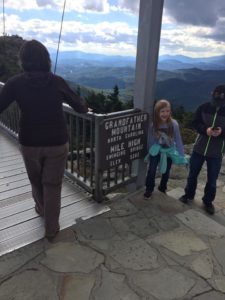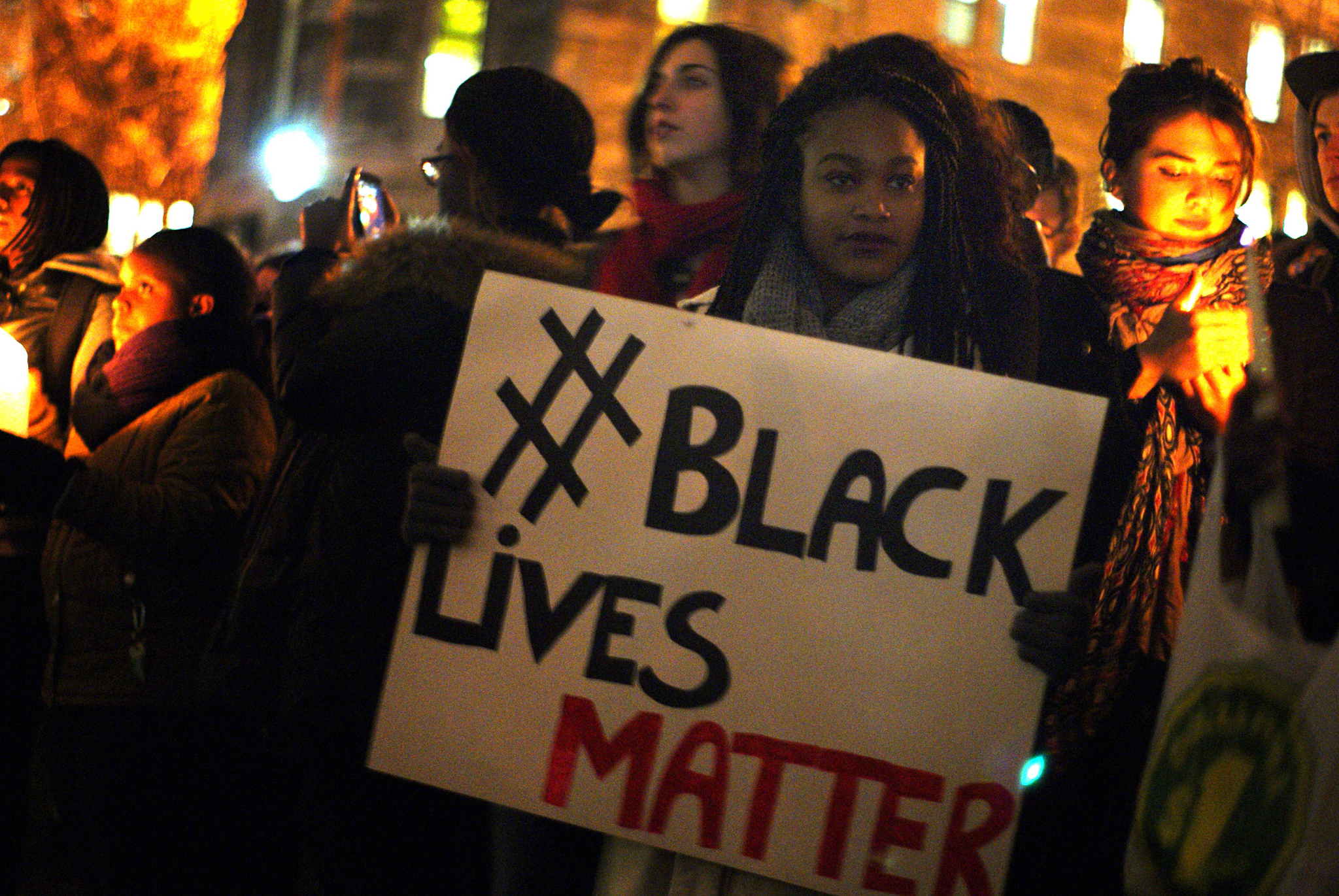
Taking the next step…
A sermon preached on Exodus 1:8-2:10, at Wesley Memorial UMC on August 27, 2017.
I wonder if those midwives saw it coming.
When the Pharaoh shows up to speak to them directly, are they ready? Have they noticed the nervous decrees coming from the king’s palace, first forcing the Hebrew people into work gangs with harsh overseers and finally enslaving them (vv. 11-13)? What complaints and laments have Shiphrah and Puah heard as they spend hours at the bedsides of laboring women – women with husbands still out in fields and making bricks and forced into “all kinds of other cruel work” (v. 14)? Do they know their history – how it hasn’t always been this way between the Hebrews and Egyptians? Do they see how close the injustice and oppression are getting to their own door and the work of their own hands before they hear the Pharaoh’s knock?
Let’s say they do.
Let’s say they know it will come to this, eventually, this murderous decree in which they will each be complicit: “When you are helping the Hebrew women give birth and you see the baby being born, if it’s a boy, kill him. But if it’s a girl, you can let her live” (vv. 15-16). Let’s say they see it from a mile away and they know exactly how bad it will be and what they will be asked to do. How long do they watch it get closer? How many hushed conversations do they share with one another before the knock sounds? Do they rehearse different scenarios or do they know all along that they will lie straight to his face and save every last baby?
Do they know the next step after that?
I imagine they know they’ll get away with it for a little while, birthing being the domain of women. It will be easy to birth the babies without the king or his men seeing what happens. But after that, when Pharaoh’s snoops notice girl and boy babies, what then? Are Shiphrah and Puah ready with the next step or do they find it along the way?
This time he calls them in to his house and challenges them directly: “Why are you doing this? Why are you letting the baby boys live?” Well, sir, Hebrew women are much stronger and they give birth before we even arrive on the scene (vv. 18-19). And, birthing being the domain of women, he doesn’t have any information to the contrary so he buys it.
The next time, he takes another course. He gives up on the midwives and goes straight to his own men, commanding them to throw live baby boys into the Nile to drown (v. 22).
But justice is a team sport.
Though none of them is named at this point in the story, we move now to the family of Moses. His mother gives birth to him and, like God surveying the light and the waters and the animals at creation, she sees that her baby is good and she keeps him hidden and safe with her for three months (cf. Genesis creation and Exodus 2:2, as noted by Karla Suomaia at Working Preacher). When she thinks it’s too dangerous to keep him hidden any longer, she puts him in a waterproofed-with-tar basket and floats it in amongst the reeds at the river’s shallow edge (2: 2-3).
And while the baby is floating there the Pharaoh’s own daughter happens to be bathing nearby and she finds the basket. And she feels sorry for the baby. The prescribed response for someone in her social and family position is to have the baby killed or at least to show the basket of insubordination to her father. But she steps out of her prescribed role and feels sorry for the baby, and her response is compassion (vv. 5-6).
At which point, the baby’s sister, who’s been nearby, watching protectively ever since her mother gently placed the basket in the river, steps up to the Pharaoh’s daughter. Helpful royal subject that she is, she offers, “Would you like me to find one of the Hebrew women to nurse the child for you?” (v. 7).
This is a handy solution for everyone involved: The baby goes back home, of course. But maybe the Pharaoh’s daughter judiciously buys some time. Would her father kill the baby himself if she brings him home that day? Does she know that in a few months, when the baby is a toddler, he will be out of danger?
The last leg of the insurrectionist journey – at least in this part of the baby’s story – is the day his own mother hands him over to the daughter of the Pharaoh, right into the family of the man who wanted him killed before his first breath. What does she do when she gets back home? Does she hatch plans to free him from the palace or does she hang around the gates hoping for a glimpse of him as he grows up? Does she know what she will do if she ever sees her boy again?
I’m asking a lot of questions because this story demands it. (Be suspicious of anyone who wants to tell you once-and-for-all, case-closed, exactly what a biblical text means.) This story is the against-all-odds origin story of the man we know by the last verse of the passage is Moses – the man God will continue to call out of the water and into new lands and up mountains and across deserts, leading a nation behind him. It’s a foundational story, on which a huge swath of the Jewish and then Christian story builds.
And right there, at the very beginning, are Shiphrah and Puah. Without them, the rest of it can’t happen. Notice how crucial their bravery is. Notice how they are able to influence the beginning of a nation from their precise social situation, in the course of their every day work.
Do Shiphrah and Puah see it coming? Does the baby’s mother know what she will do after those first three months? Does his sister know what she will do next, from her perch by the riverside, waiting to see who will happen upon her baby brother? Does the baby’s mother break her own heart every day she nurses her own son while wondering what will happen when he is weaned?
I don’t know about y’all, but I have a fondness for plans. I like knowing the next step. I find comfort in the thought that my efforts are “going somewhere.” Even if you have a more relaxed relationship to planning, you know our culture loves the idea of “cost-benefit analysis” and “demonstrated results.” As a people, we tend to be reluctant to risk when we can’t see the payoff. Even when it comes to something we are passionate about, we might want to study it a while longer and be sure that if we set off in a certain direction, we will get where we think we are headed.
This is what intrigues me about Shiphrah and Puah. I don’t think they have this luxury or this hang-up. They seem guided by their knowledge of and relationship with God, so that it is crystal clear to them that they will never be killing babies for Pharaoh. I doubt the rest of the story is clear. I doubt they have any idea of their next step until they take it.
I want to be more like Shiphrah and Puah. I’m afraid that if I were in their situation I might say very “reasonable” sounding things like, So I don’t kill the babies and then what? Someone else kills them anyway – and then comes to kill me? How does that help our cause?
Or, closer to home: So we take down some statues, and then what? What part of history do we “rewrite” next?
But they don’t have to know the next step – only the one right in front of them at that moment. And they take it. They do everything in their power, at each point in time where any bit of power is in their hands, to do the next right thing. And when the story moves away from them – when the power to act moves into the womb and the hands of the baby’s mother – she does the next right thing. And then her daughter and the Pharaoh’s daughter each do their things. The ball gets passed – inelegantly, surprisingly, in a completely unplanned fashion – from one woman to the next, resisting and refusing to cooperate with evil, one decision at a time.
Justice is a team sport and it’s also a marathon, not a sprint. Shiphrah and Puah don’t complete the mission – just their mission. It’s the combined efforts of all of these women, one by one, over time that moves the needle of justice and begins the building of a nation.
None of us needs to know where this will end in order to risk for Love. None of us needs to be an expert in American or Confederate history in order to listen to the pain spoken by our black and brown and Jewish and LGBTQ brothers and sisters. I don’t have to know, specifically, what I’ll do next week in order to take a step for justice right now. And if obscure Hebrew midwives like Shiphrah and Puah have enough power to start something important enough to become a nation, then so do we.
Whether you saw it coming or not, whether you joined the counter-protests when the white supremacists marched here two weeks ago or not, there is a faithful next step. You do not have to know what city council should do or how to fix Virginia’s open carry laws. You do not have to re-learn and broaden your knowledge of history before you make a move, though reading might be one next step. On August 12th, Jan was stationed at the jail and our United Methodist colleagues Robert and Phil were providing safe space and medical care at First church; other ecumenical colleagues like Seth and Brittany were on the front lines, staring evil in the face. We are not all called to the same next step. Justice is a team sport and it’s a marathon. There will be more headed our way. If the invitation to cooperate with evil can find its way to Shiphrah and Puah, it will pound on our doors, too. Again.
I don’t just mean the doors of our town. The church has work to do. The United Methodist church has been complicit in the evils of racism, once splitting into northern and southern churches over it and, even earlier, birthing the AME Church by our refusal to recognize Richard Allen’s call to preach. We have been content to offer charity when we’ve been called to work for justice. We are all called to be midwives for God, helping to bring about the kingdom of God and to live here in this community as if that reality is already here in its fullness. We are all already set free to do this justice work. In Christ, we have been made one family: neither Greek nor Jew, slave nor free, male nor female (Galatians 3: 28)… Which does not mean Yeah, we’ve treated one another poorly in the past but Jesus fixed all that. Nor does it mean that the church has already arrived. Evil pounds on these doors, too. And sometimes, as in the culture at large, we can’t hear it or we call it by other names like “law” or “custom” or “how it’s always been” or “what the bible says.”
We are set free to live radically loving, rule-breaking, decree-defying, justice-flowing lives – and we are called to start from exactly where we are without much time to plan and with whatever tools we have on hand. Right where we are in the birthing room, the board room, the lecture hall, the barista counter, the cookout, the family dinner, the school PTA meeting…
Without Shiphrah and Puah and the women who took the ball after them, we might have an entirely different story. It’s the same here in Charlottesville and in our country right now.
We’ll be writing history, one way or another. One step at a time.
All you have to know right now is which direction Love is.
Thanks be to God!
*
Photo © Woody Sherman, used with permission.


